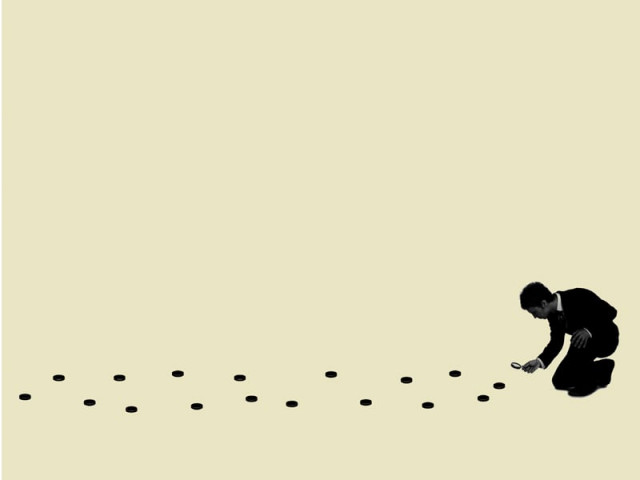Promoting healthy competition: CCP to keep close watch on top five banks
Cartelisation has become a norm in Pakistan, says anti-trust watchdog’s chief.

Banks need to be ‘closely monitored’ as 95 per cent of the banking sector profit is concentrated in the five large banks, said anti-trust watchdog’s chief Rahat Kaunain on Wednesday.
The Competition Commission of Pakistan chairperson said that out of 51 banks in the country ‘high concentration of profit’ in only five banks is something that warrants scrutiny. Kaunain was speaking during an international conference organised by the Planning Commission and the United Nations Development Programme. The country’s five large banks are National Bank of Pakistan, MCB Bank, Habib Bank, Allied Bank and United Bank.
“Cartelisation has become a norm in Pakistan which is usually an exception in the rest of the world,” she added.
The CCP has vowed to take on the cartels but feels handicapped due to flaws in the judicial system. Under the law, the CCP can impose a penalty of up to Rs 75 million or 10 per cent of the company’s turnover after establishing violation of anti-trust law. However, the violators can appeal against the order in the higher courts, where cases end up being stalled for years. The CCP has established the existence of cartelisation in the sugar industry but sugar owners have managed to get stay orders from the high courts and even the Supreme Court of Pakistan, which barred the CCP from issuing a final order against the industry.
The chairperson said as many as 140 cases are pending in the courts. “The decision has to be announced by the relevant court at the earliest if the country wants to promote competition,” she added.
The anti-trust watchdog has imposed penalties of Rs7.3 billion so far but not a single penny has been paid so far.
She said Pakistan Procurement Regulatory Authority rules are not implemented in letter and spirit.
Kaunain said the element of rent-seeking was found in the telecom sector and the CCP established that there was a cartel in existence but the industry eventually got a stay order against the decision. The telecommunication companies have made cartel against services of balance inquiry and short messaging services, she added.
She said in the federal budget the government reduced the federal excise duty and abolished special excise on cement that should have resulted in the price falling by Rs50 to 60 per bag on July 1. However, the price went up to Rs400 per 50 kilogramme bag against the Rs344 per bag price on January 1.
She said the CCP should be financially independent and for that all the regulatory bodies should pay three per cent of their fines, as fees to the CCP as required under the law. Currently, regulatory bodies like Pakistan Telecommunication Authority, Oil and Gas Regulatory Authority, Pakistan Electronic Media Regulatory Authority and National Electric Power Regulatory Authority are withholding fees. The CCP is operated on grants from the federal government that undermines its financial independence. The government allocated Rs200 million for the CCP in the current financial year.
Published in The Express Tribune, July 14th, 2011.



















COMMENTS
Comments are moderated and generally will be posted if they are on-topic and not abusive.
For more information, please see our Comments FAQ